Young people actions in agribusiness is necessary about food security. Rodrigue S. Kaki, an agricultural economist based in Benin (West Africa), has investigated the predictors of agribusiness entrepreneurial intentions amongst undergraduate agricultural students in the Republic of Benin. He answers to the NBW’s questions.
News Blog World : What is the title of your study?
Rodrigue Kaki: Undergraduate students’ willingness to start own agribusiness venture after graduation in Bénin
NBW : Why did you choose undergraduate agricultural student about your research? What did you notice?
RK: My research focuses on undergraduate agricultural students because there is a low participation in agribusiness by agricultural graduates despite huge opportunities. Investing in youth to explore entrepreneurial initiatives in agriculture would provide a panacea for increasing unemployment among the youth, and overall growth in developing countries’ economies.
NBW: How can African countries scientifically get round negative perception young people have about agribusiness despite high taxes, constraining conditions…?
RK: To change the negative perception youth have on agribusiness, African countries can provide agribusiness teaching, exposure to successful agribusiness entrepreneurs, continued effort of improving the agribusiness environment (affordable taxes, efficient protection of locally made agribusiness products, availability of credit at an affordable cost, insurance to offset unavoidable agricultural risks).

Rodrigue S. Kaki, an Agricultural Economist / Benin
NBW: Is it possible that the governments of African countries and other partners can make agricultural credits accessible to encourage young people to engage in agribusiness activities? How?
RK: The governments of African countries and other partners can make agricultural credits accessible to encourage young people to engage in agribusiness activities by making long-term credit for land acquisition or improvement, and short-term credit for production costs for example available at an affordable cost (interest rate). Besides, it is necessary to provide financial/management education so that entrepreneurs can manage the credit and use it for the intended purpose.
NBW: What impacts can clubs for agribusiness entrepreneurship in agricultural faculties, or national competitions…have on agricultural productions and food security?
RK: Clubs for agribusiness entrepreneurship in agricultural faculties, or national competitions…. can create entrepreneurial intention among students, and more young people would be interested in agribusiness, youth employment would rise, and domestic food security could improve. These solutions can also lead to the socio-economic transformation of rural areas.
NBW: How your research findings can help planners, policies and decision makers to improve their works about young agribusiness and young engagements?
RK: y research findings can help planners, policies and decision makers to improve their works by formulating tailored policies to make agricultural students engage into agribusiness entrepreneurship after graduation.
NBW: Your last words about the study?
RK: The findings of this research are important for motivating agricultural students to become agripreneurs. This can be an important part of the solution to youth unemployment although it cannot fully solve the problem. As perspective, future researches need to determine the extend to which intentions translate into new entrepreneurship ventures.


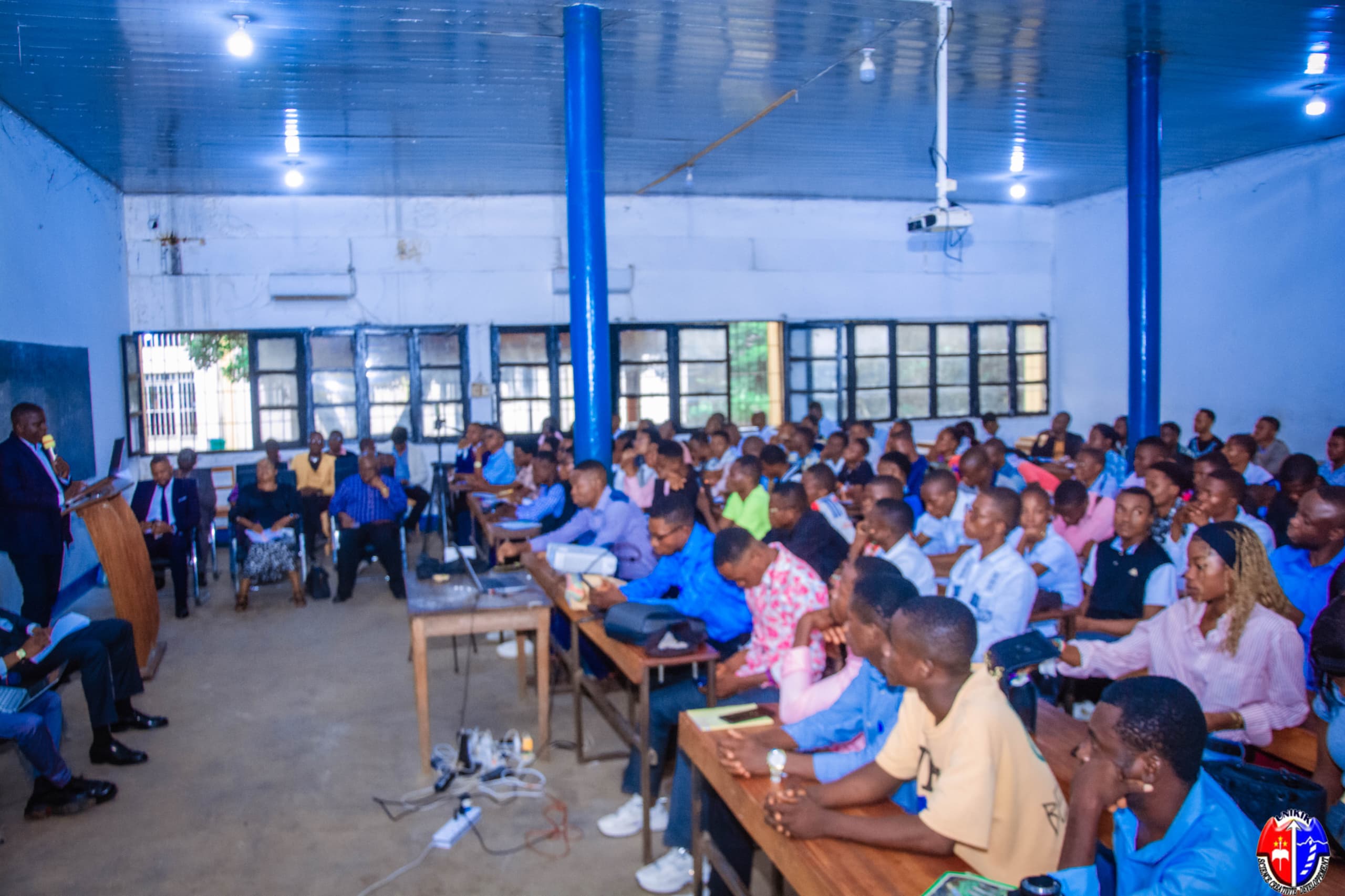
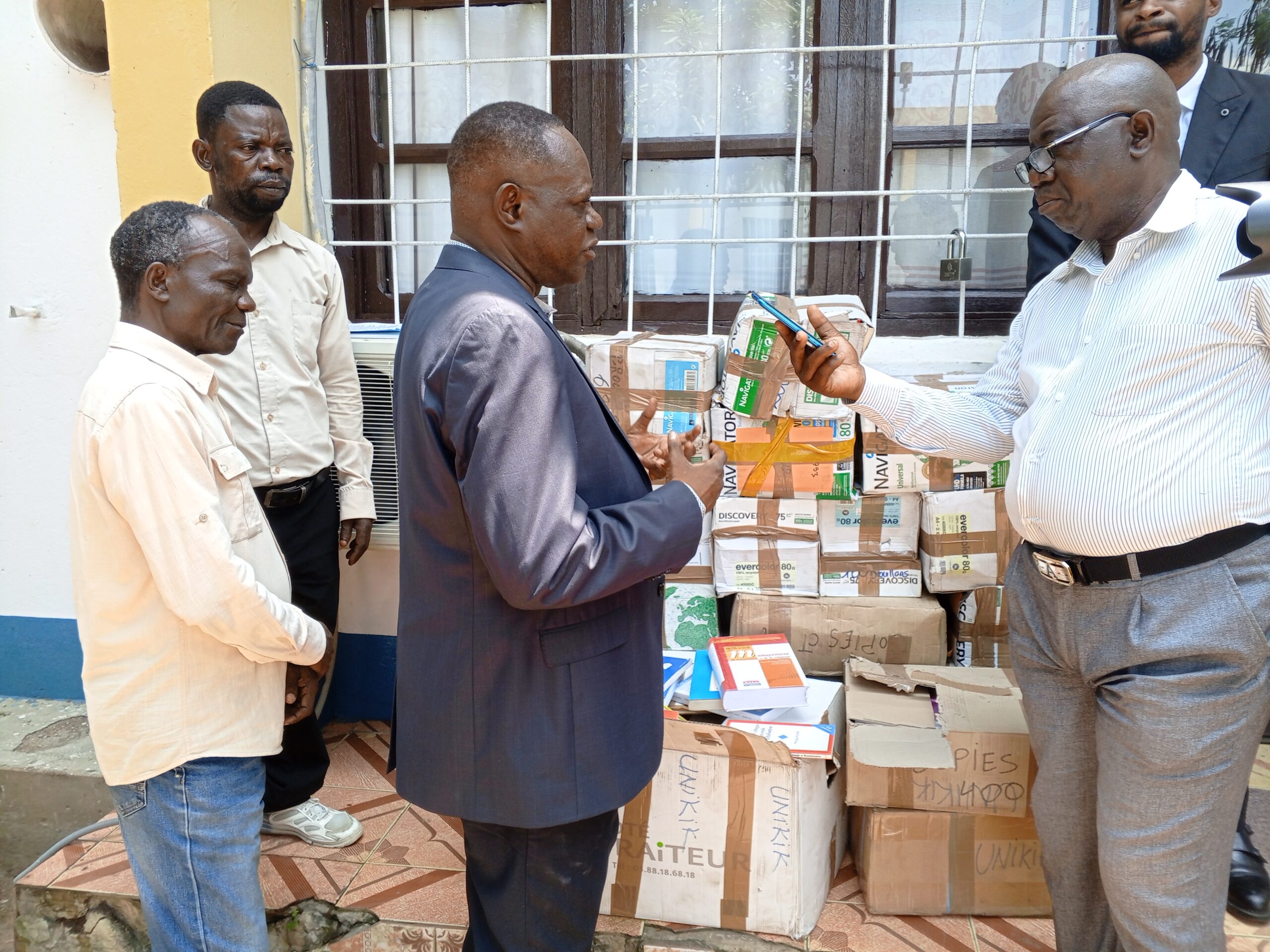
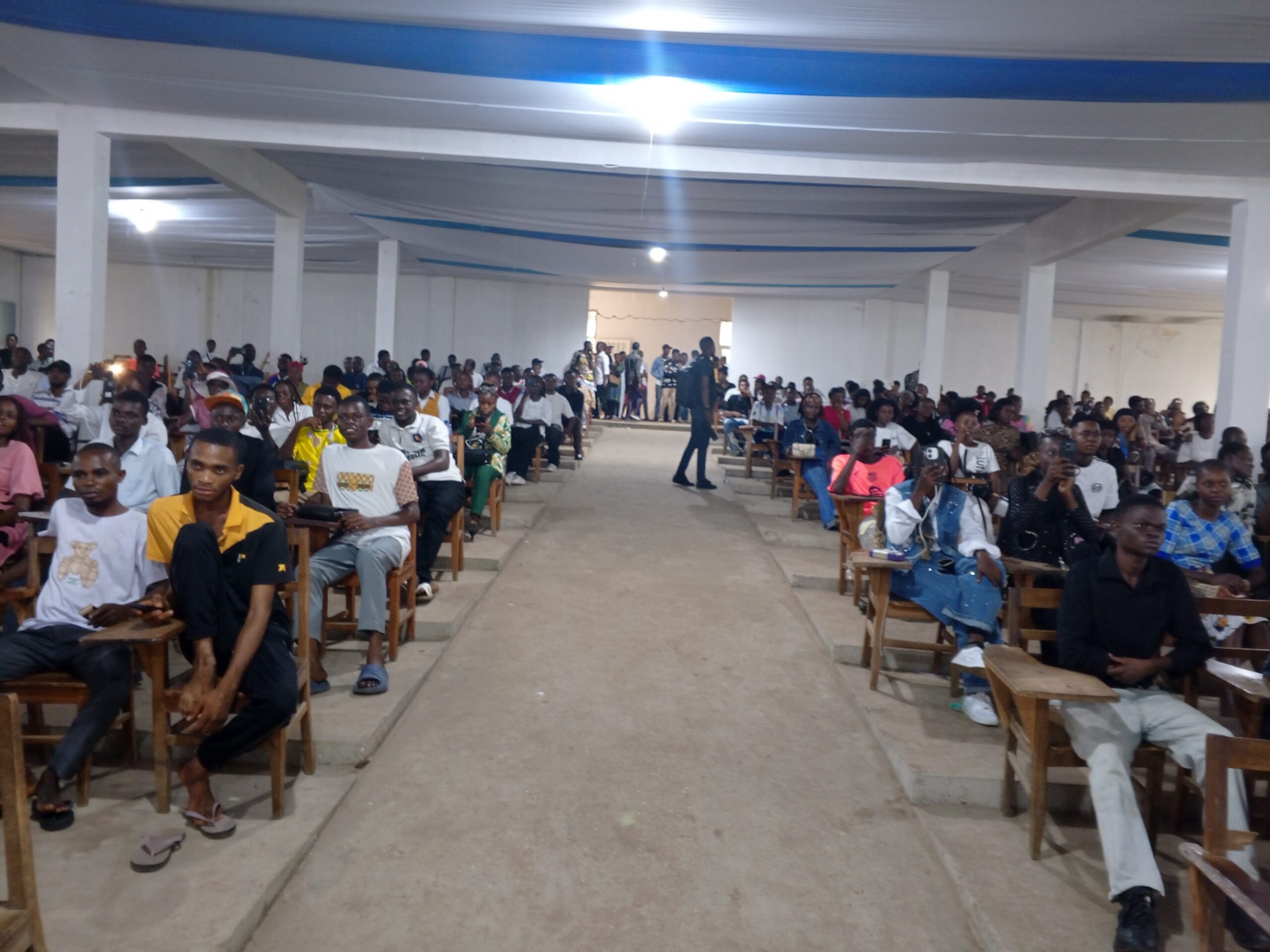
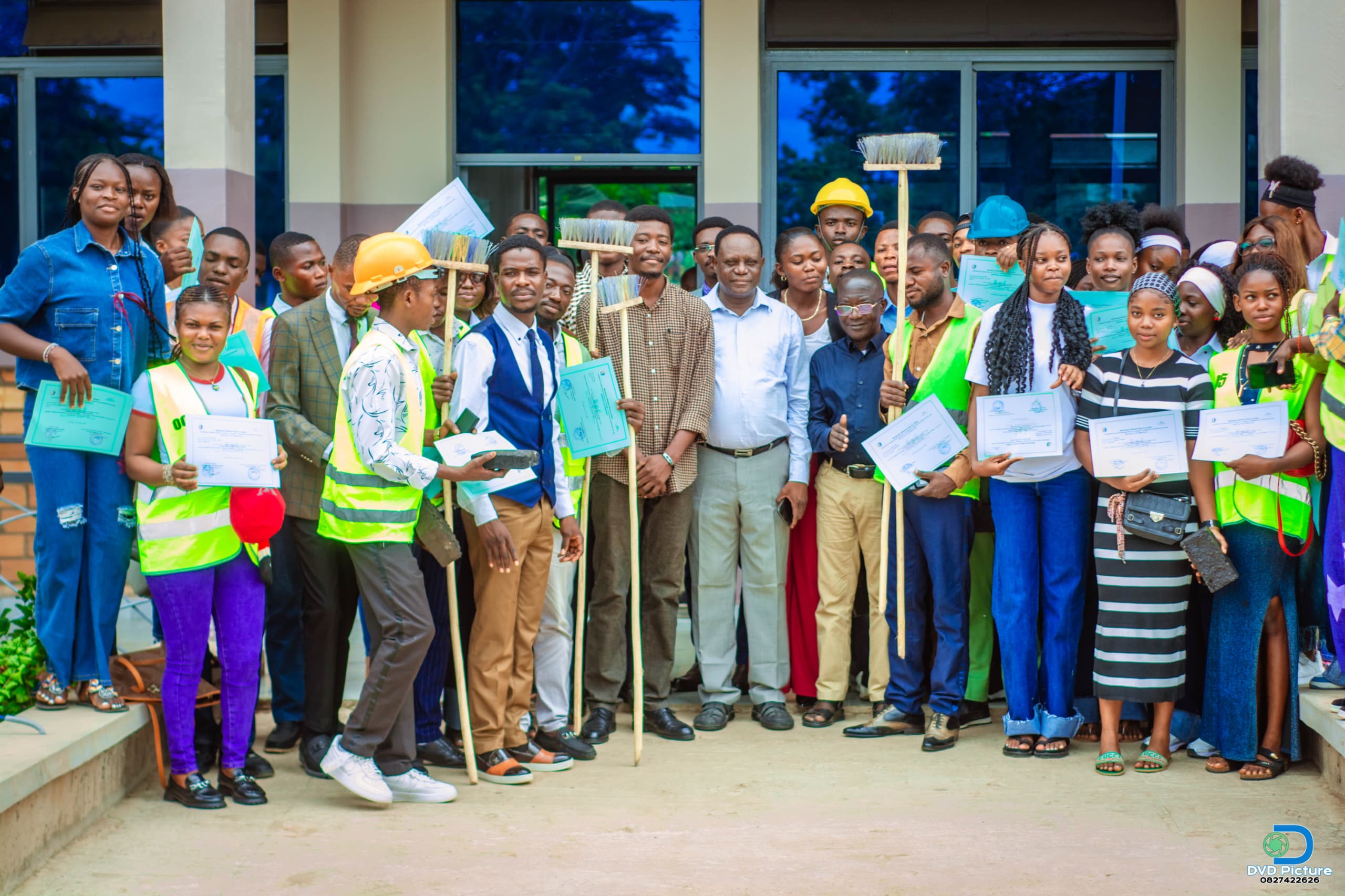
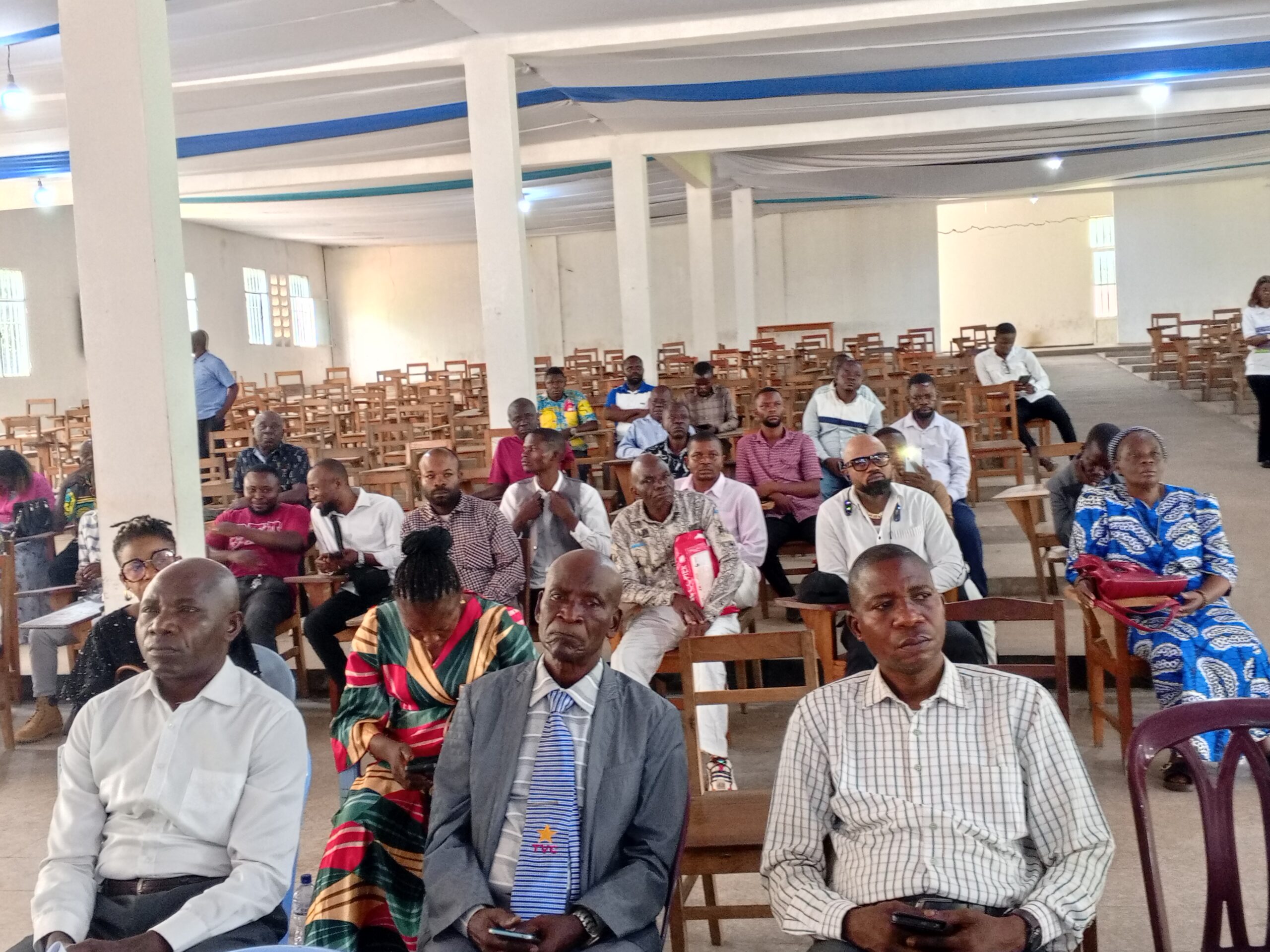
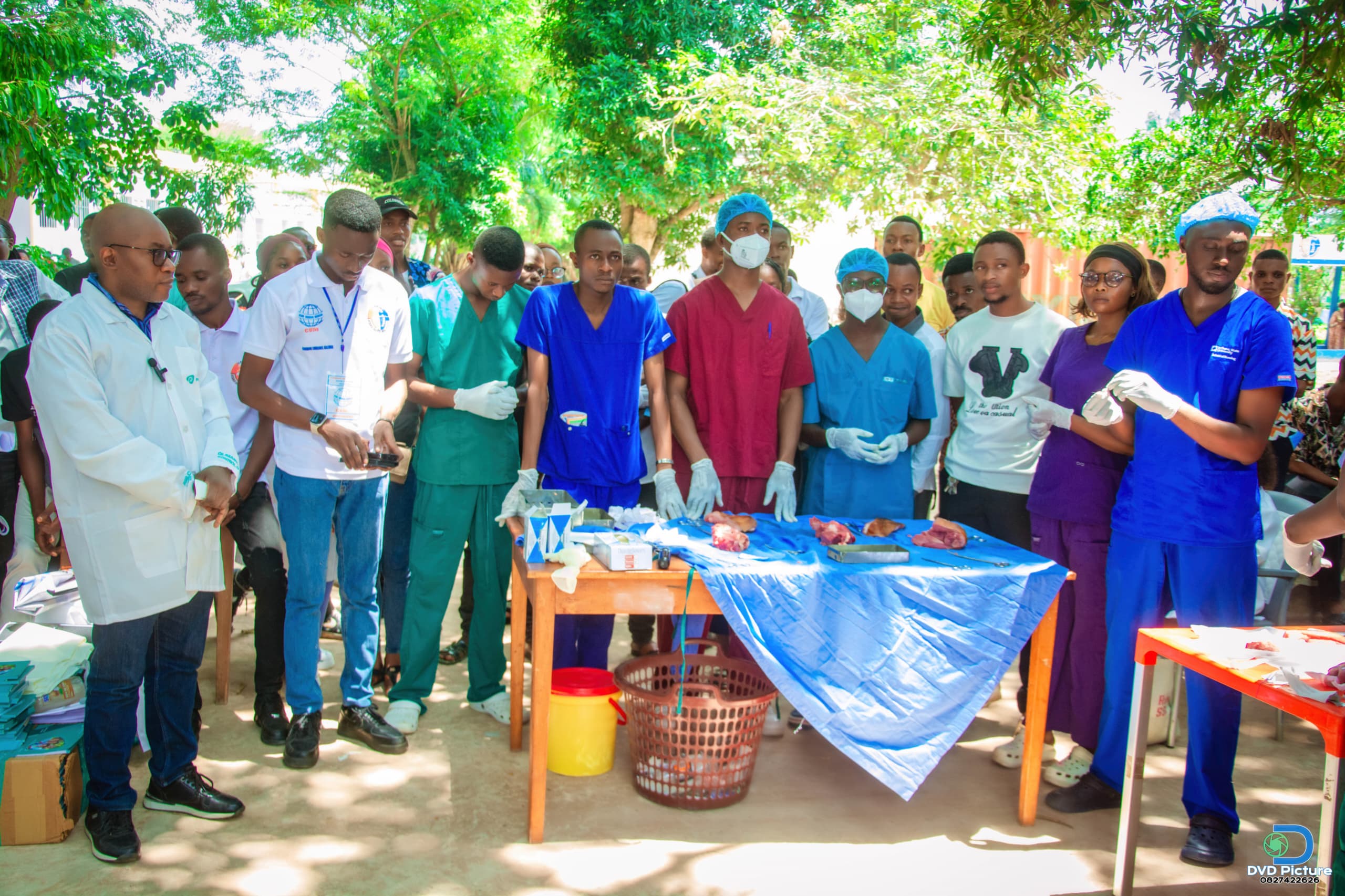
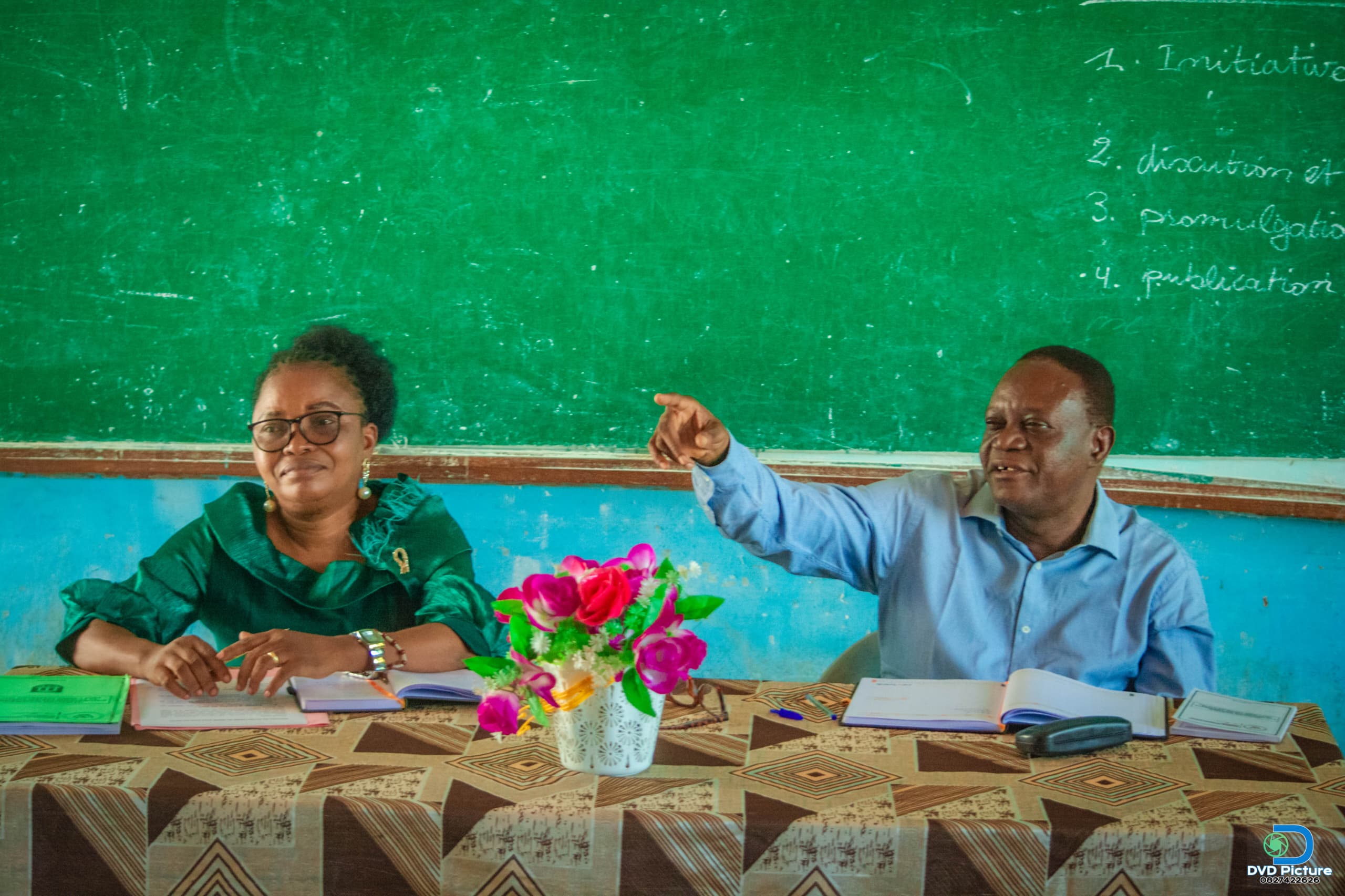
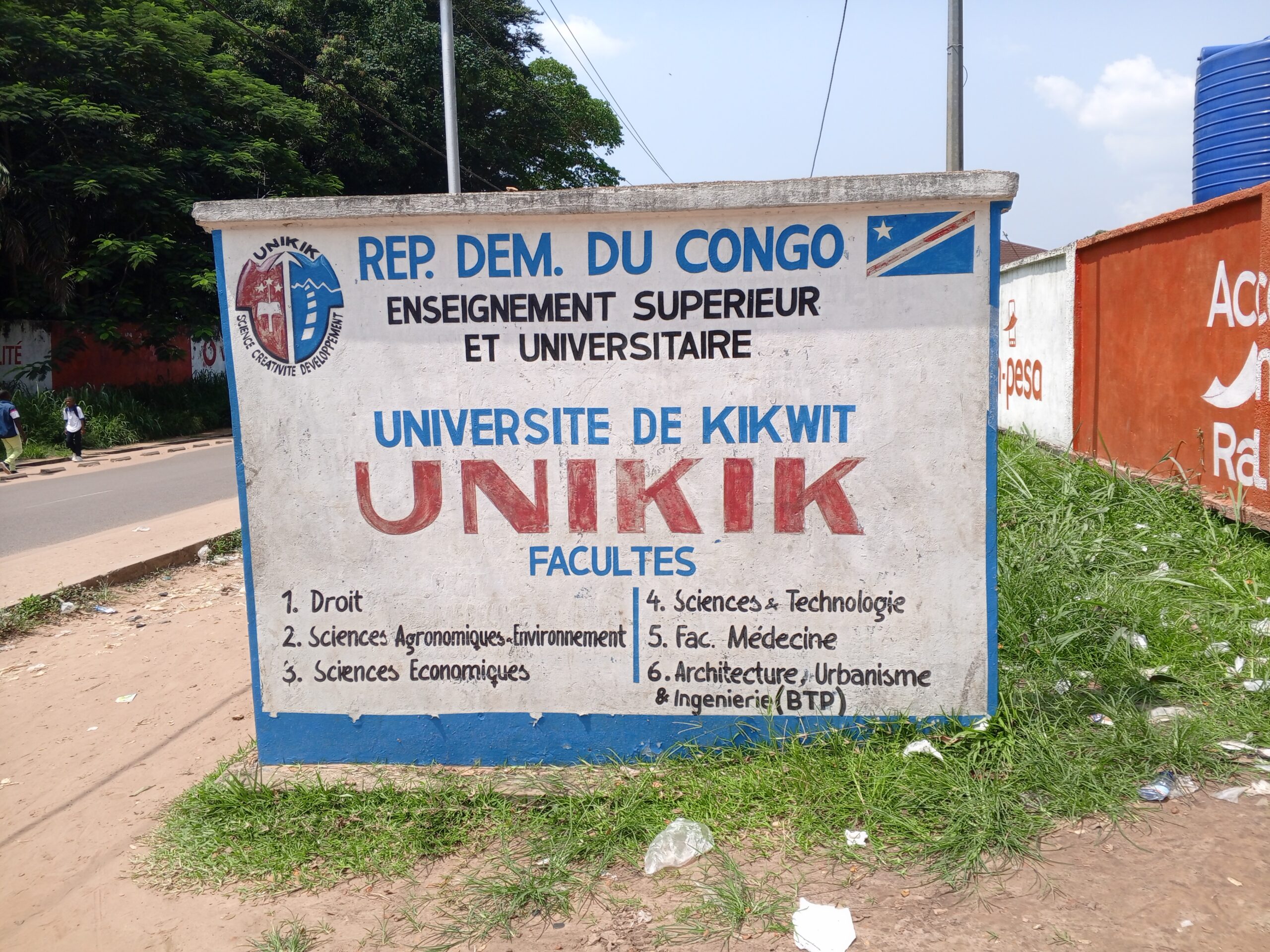
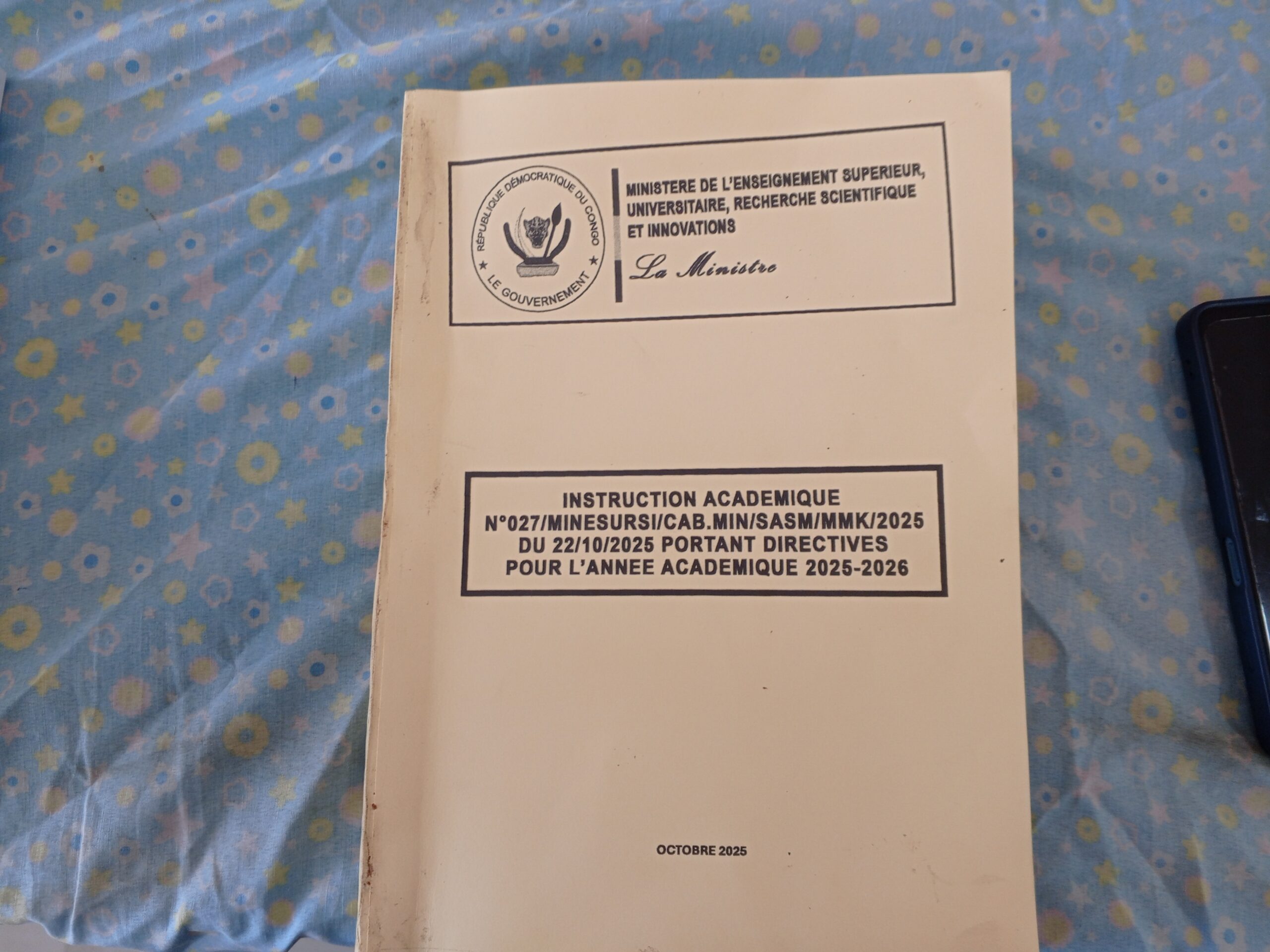


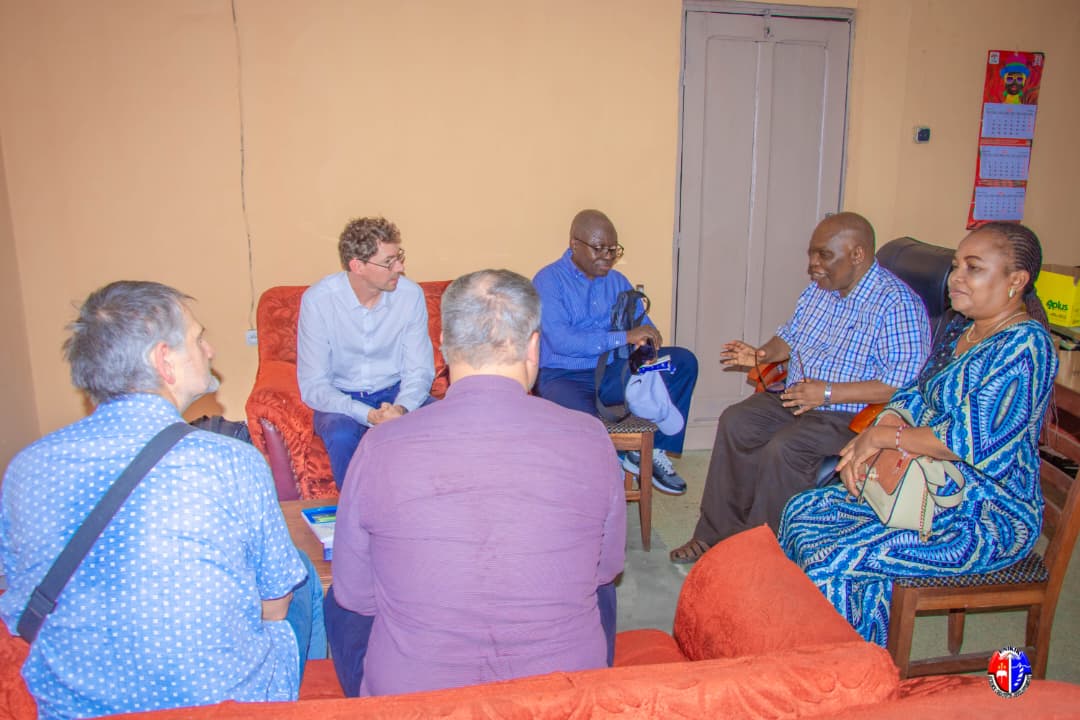
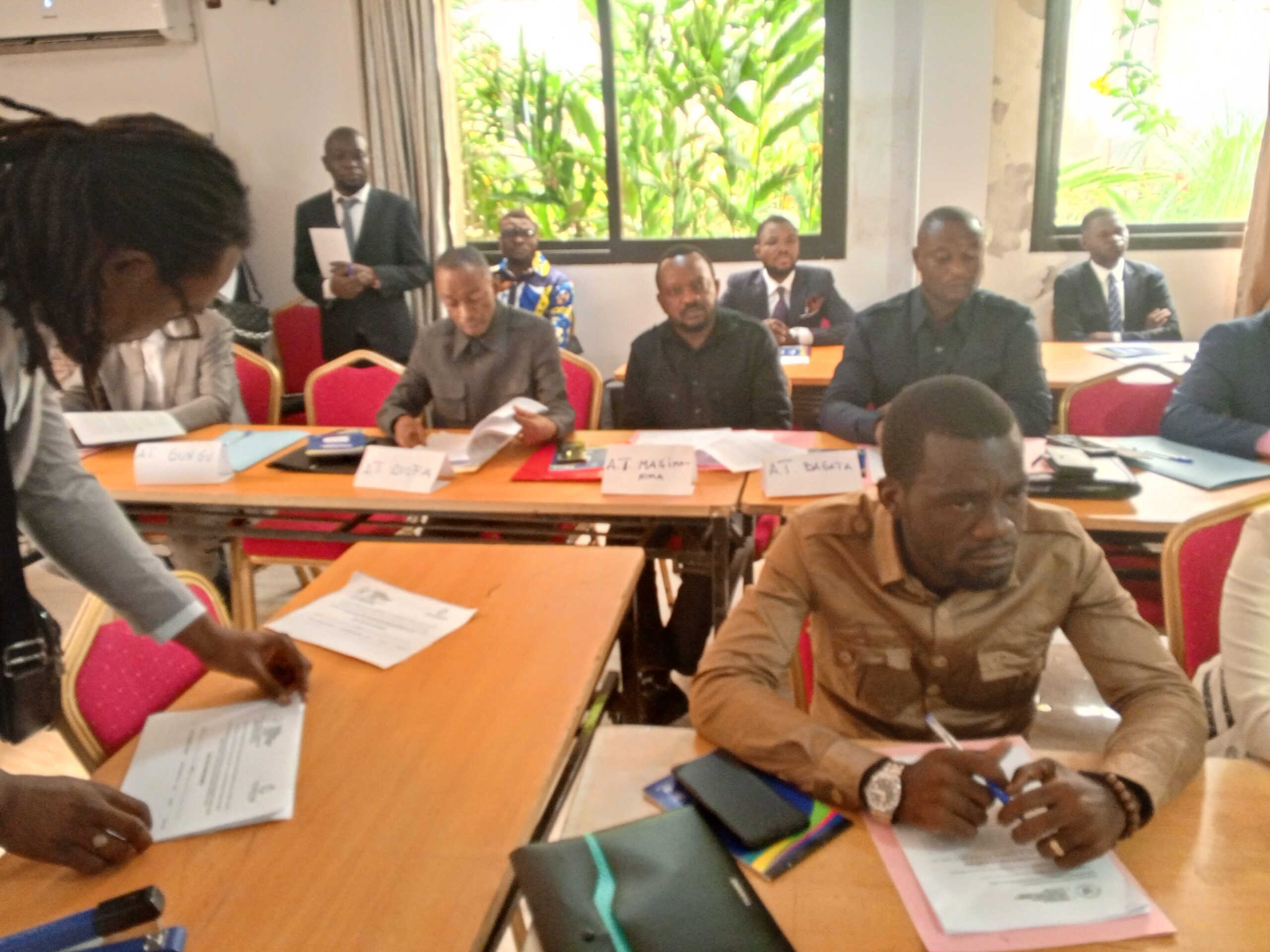
Leave a Reply